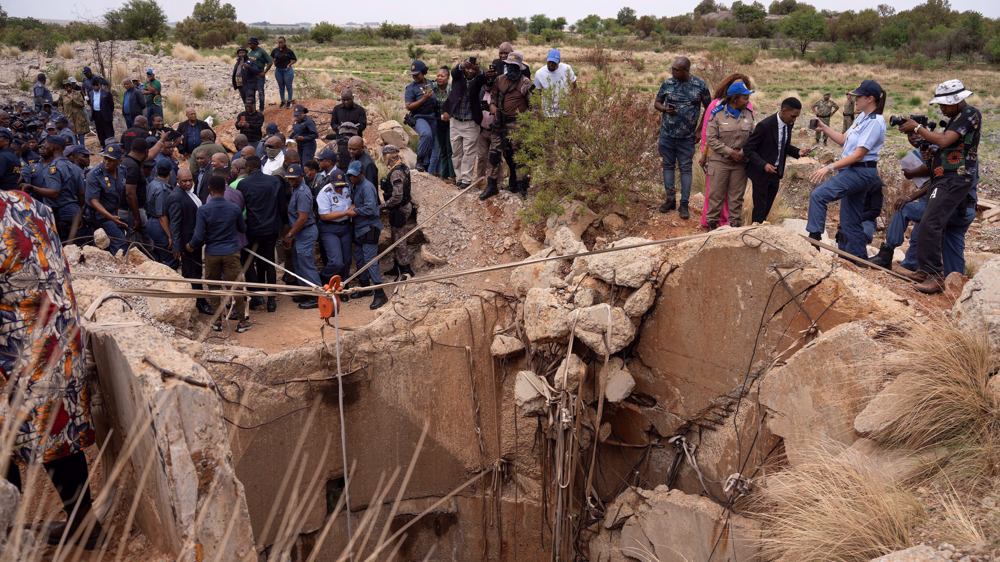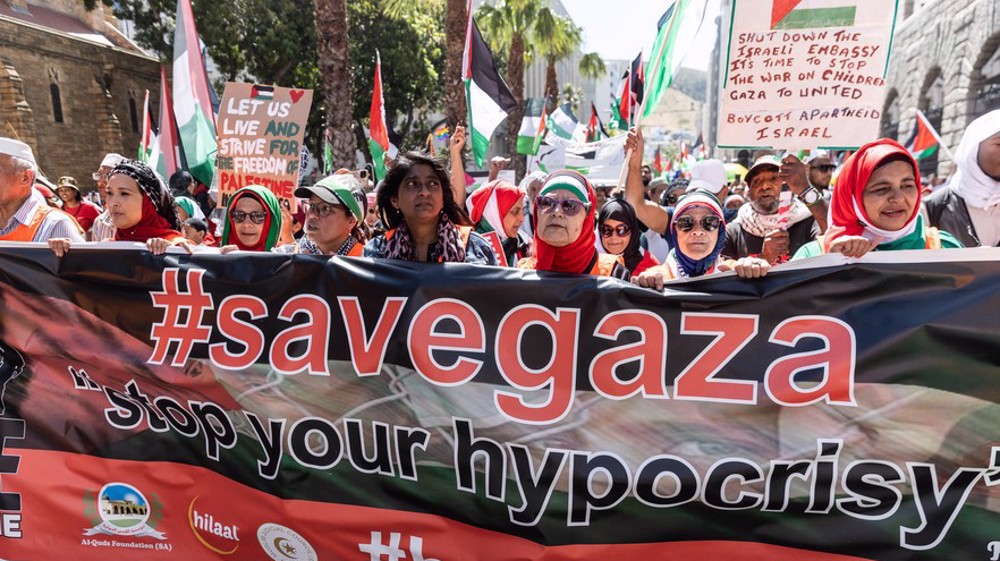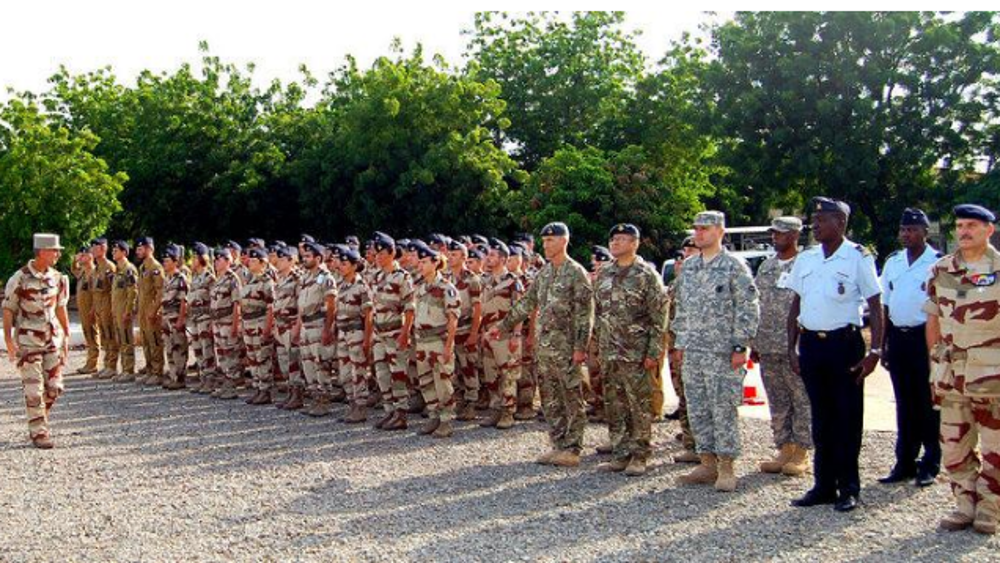Thousands of Sri Lankans ditch cars, turn to bicycles as fuel crisis worsens in cash-strapped country
Throwing a backpack over his shoulders and a helmet over his head, Thusitha Kahaduwa hops onto his bicycle to pedal off to work through the chaotic streets of Colombo.
The 41-year-old doctor who works at a private hospital is among thousands of Sri Lankans who are ditching their vehicles at home and switching to bicycles to commute and go about their daily lives since the cash-strapped country was hit with a crippling fuel shortage, resulting in long lines at petrol stations.
Kahaduwa, who used to drive his own private car to work, said it was the crippling long fuel queues that convinced him to finally buy a bicycle. Since then, he hasn't pumped petrol in three weeks.
"First it was two or three hours in a petrol queue, then it was four, six and up to eight hours. About three weeks ago, I was in a petrol queue for three days," he said.
Kahaduwa has outfitted his bike with carriers for groceries and spends hours cycling around Colombo on a daily basis to see patients and conduct his post-graduate research.
Economic mismanagement and the aftermath of COVID-19 have left the South Asian nation of 22 million people unable to pay for essential imports of food, fertilizer, medicines and fuel because of a severe dollar crunch. Sri Lanka hasn't received new fuel shipments in about two weeks and the government to date hasn't announced when new stocks will arrive.
Faced with severely depleted petrol and diesel stocks, the government last week closed schools, asked public employees to work from home and started rationing fuel to essential services.
Amidst the fuel-shortage-inspired two-wheel frenzy, bicycle shop owner Victor Perera said that his stock is running out.
"The import of bicycles has also now been banned. So, the shops are selling their imported stock at even higher prices. Now there are no more bicycles. The ladies' models and the standard model are no longer available. I don't think new bicycles are available for even another week," he said.
Sri Lanka will present its debt restructuring plan to the International Monetary Fund (IMF) in August to push forward talks to lock in a $3 billion bailout package. However, the country's financial woes are expected to take time to resolve as they will involve structural changes to put public finances and debt sustainability back on track.
(Source: Reuters)
Hamas thanks Iran, Resistance Front following achievement of ceasefire in Gaza
'Capitulation': Israeli officials and media concede Gaza defeat as truce unfolds
'Gaza has won': Social media users react to ceasefire with mix of relief, joy
Iran seeks South Korea’s assistance for AI, fiber-optic projects
VIDEO | Iran's 'Eqtedar' (Power) maneuver
Israel hits HTS military target in Syria for 1st time since fall of Assad
VIDEO | Press TV's news headlines
Israel has slaughtered 13,000 students in Gaza, West Bank









 This makes it easy to access the Press TV website
This makes it easy to access the Press TV website